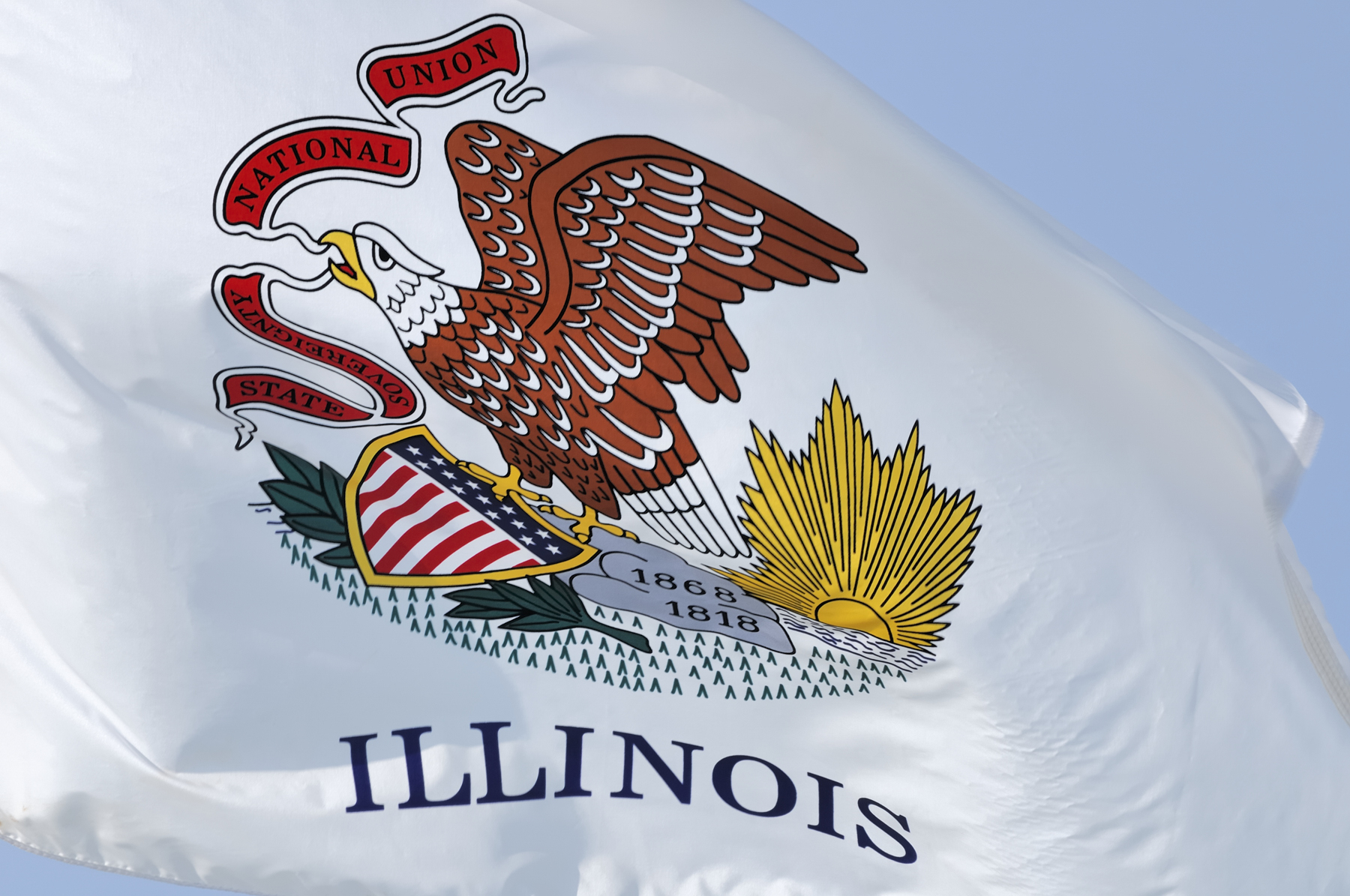As Illinois families continue to face the challenge of how to pay the rapidly growing costs of nearly everything they need, Senate Deputy Minority Leader Sue Rezin (R-Morris) and Senate Republican Caucus Whip Jil Tracy (R-Quincy) have filed new legislation to provide additional financial support for struggling Illinois parents.
To accomplish this goal, Senators Rezin and Tracy have filed legislation to enact new state tax credits to help offset some of the costs that parents incur for both preschool and childcare. The two Senators held a press conference at the State Capitol March 21 to call for action on their legislation.
“Any parent or guardian of a young child will tell you that one of the greatest financial hardships that growing families face is the lack of access to affordable, high-quality preschool and childcare,” said Sen. Rezin. “It is time for our state to ease some of that financial burden that has fallen upon parents and ensure that every child has a chance to access much-needed preschool education.”
Sen. Rezin’s Senate Bill 2717 would allow parents or guardians of one or more child between the ages of 3 and 5 who attend an eligible preschool program in the state to qualify for a tax credit equal to 100 percent, up to $1,500 per child, for the expenses they incur in order to send their children to that preschool program.
Sen. Tracy is sponsoring Senate Bill 3104, which would give parents a state tax credit for each qualifying child on their income taxes to help provide financial relief for those paying for childcare services. Under the proposal, qualifying families would receive a state tax credit equal to 25 percent of the current federal childcare tax credit for each child.
“Families throughout Illinois are finding it difficult to make ends meet as high inflation and other economic pressures impact their bottom line. Republican Senators have long been advocates for different plans to lessen the tax burden on Illinoisans,” Sen. Tracy said. “Today, we are renewing our call to provide much-needed relief for Illinoisans who are struggling to keep up with the state’s high cost of living.”

Comments are closed